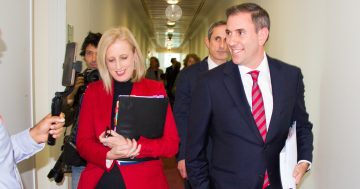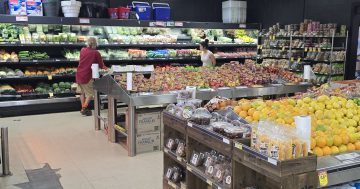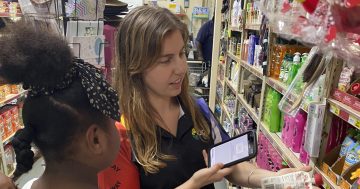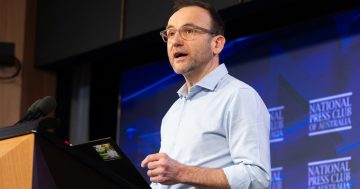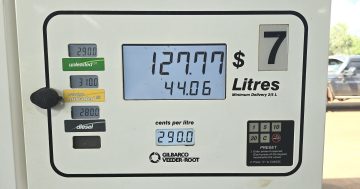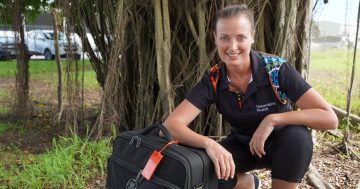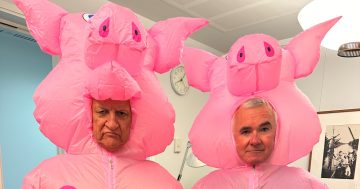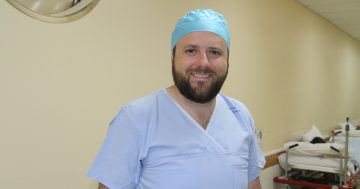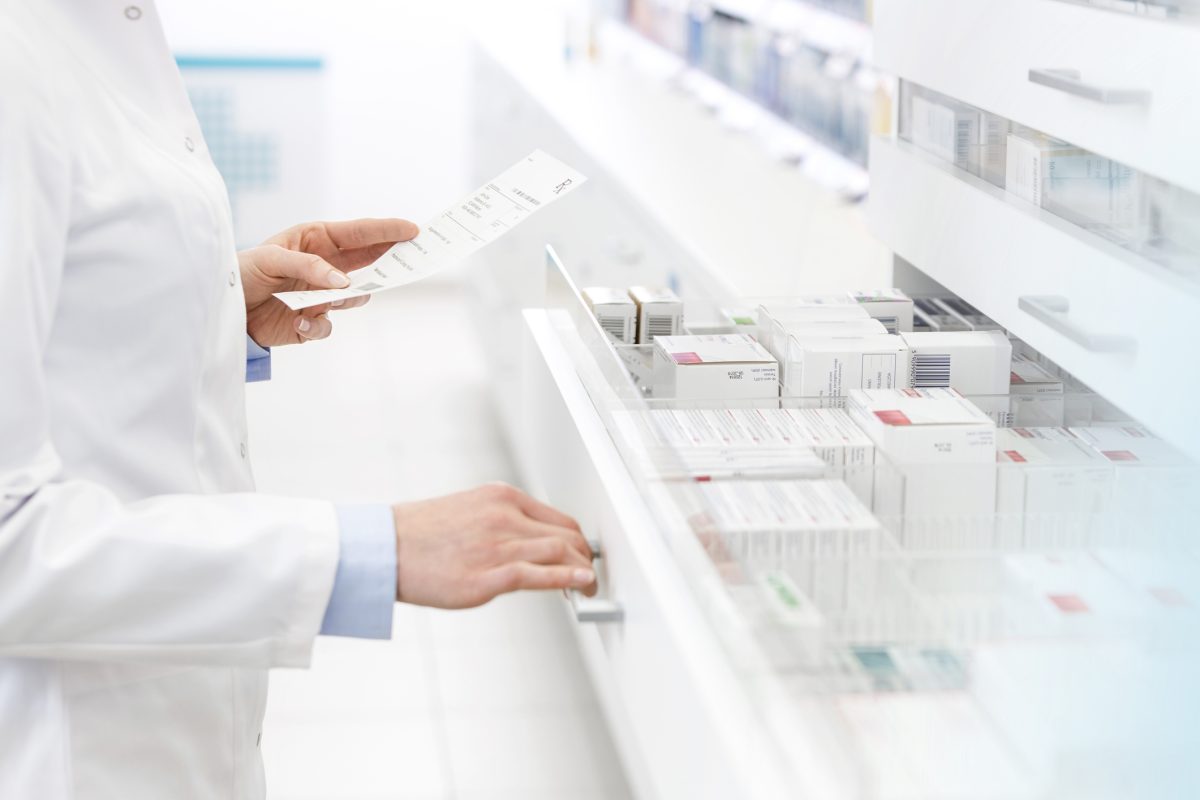
An increase in out-of-pocket expenses for essential medications is further burdening Australins during the cost of living crisis. Photo: Agnieszka Wozniak.
In a time when every cent counts, the out-of-pocket expense for Australians on essential medications increased at the beginning of this year.
On 1 January, the maximum co-payment for Pharmaceutical Benefits Scheme (PBS) listed medications rose by $1.60 to $31.60 for general patients and by $0.40 to $7.70 for concession card holders.
The Pharmacy Guild of Australia’s national president, Professor Trent Twomey, said this was in stark contrast to twelve months ago when the prices came down by $12.50 on the back of the Guild’s Affordable Medicine Now campaign.
“Instead of the Commonwealth Government putting the price of medicines up on 1 January, they should be doing in fact the opposite and easing the cost of living burden on Australians,” he said.
Pharmacist and owner of Cooktown Pharmacy, Nick Loukas, agreed with the Guild and believed the government could have chosen not to index the cost this year.
“Every bit counts at the moment,” he said.
“We see it with our patients and some people are already struggling to afford their medications.”
“Especially if they’re on multiple scripts a month, it adds up,” he said.
He said the increase is hitting patients in already vulnerable situations the most.
“It’s only been a couple of days, but certainly the reaction is from concession card holders mainly,” he said.
“It just seems to be that everywhere you turn, things are going up so the reactions have been quite negative which is unfortunately to be expected.”
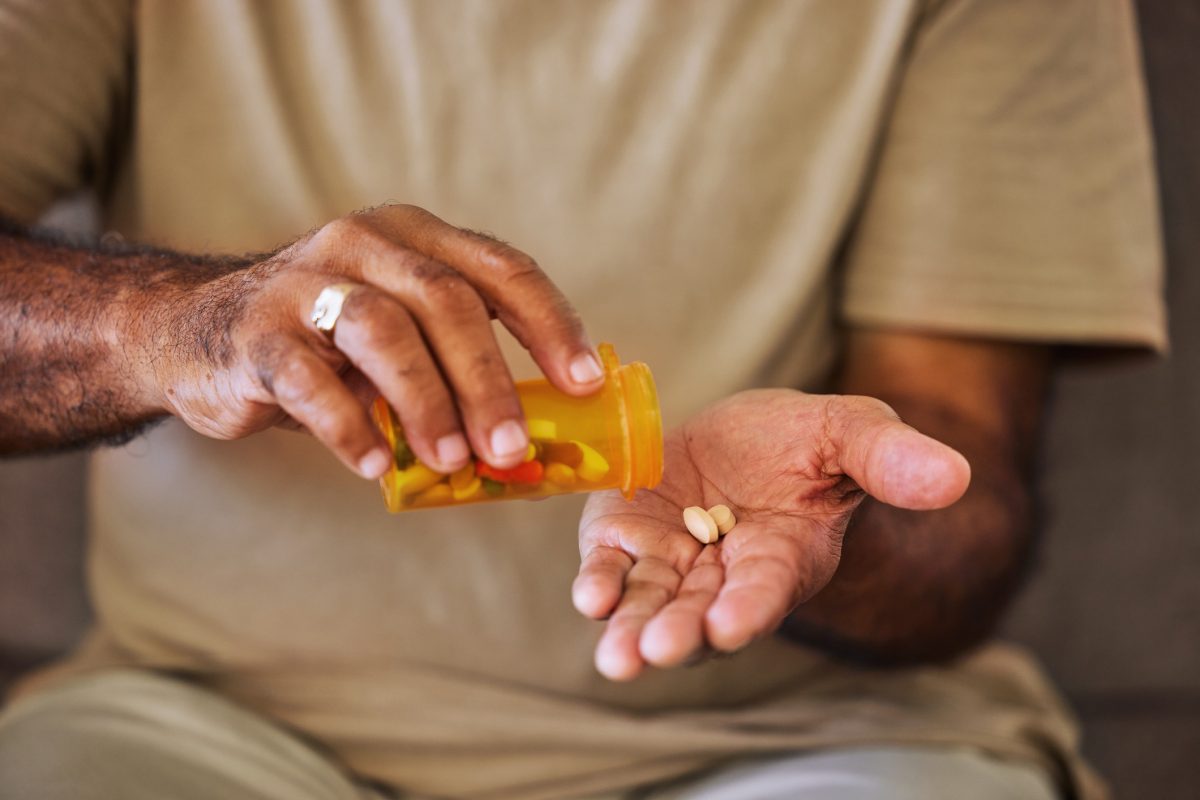
1.1 million Australians are not taking their medication properly due to financial hardship. Photo: People Images.
According to the Australian Bureau of Statistics, 1.1 million Australians are delaying, deferring or going without their essential medicines on a weekly and monthly basis.
Mr Loukas said though it is difficult to comment on those going without, he had noticed patients refilling later than needed.
“Unfortunately, most of those that aren’t taking their meds we don’t see, so we don’t know unless they’re a regular customer and we’re monitoring their prescriptions,” he said.
“We can see sometimes though when we’re dispensing that the script lasts 28 days, but they’re only coming in every six weeks or so.”
“We’re certainly seeing more of the patients being more cost conscious and watching when they get their medications,” he said.
Though he understood times were tough, Mr Loukas urged patients to reach out for help rather than stopping medication.
“They can always talk to us to see if there’s a cheaper brand or make sure they are getting the cheapest option,” he said.
“I know there’s some social support services that can help as well. Talk to your pharmacist, talk to your doctor, and we may refer you to some of the supports.”
“Especially in North Queensland, there are a lot of diabetics who need insulin, something that they can’t stop otherwise their life is at threat,” he said.
The Pharmacy Guild is currently campaigning to reduce the maximum co-payment for PBS medicines from $31.60 to $19.
“Australia has the third highest out-of-pocket expenses for essential medicines in the developed world,” Professor Twomey said.
“We have been calling on this government to reduce the out-of-pocket expenses when it comes to essential healthcare.”


